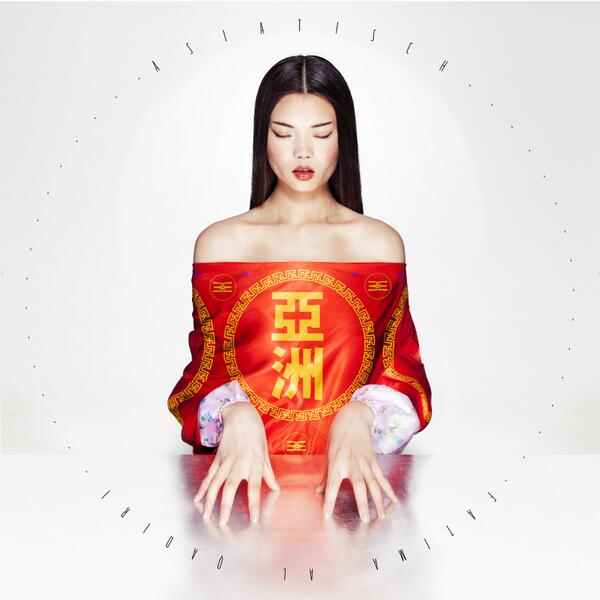There's a moment during The Roosevelts where FDR, now president and nearing the end of his second term, has returned home to Campobello for the first time since he was stricken with polio there. He's sitting alone outdoors in an unguarded moment when some neighbors pass by, finding him with his head in his hands, a sorrowful expression on his face. In a moment, the look is replaced by Roosevelt's usual broad smile and good cheer. As the commentary puts it, "The mask was back on."
I immediately recalled a similar trope in Ken Burns's Jazz, this time about Louis Armstrong, another man who was intensely public, surrounded by people, and whose persona was one of ceaseless good cheer. Someone catches Satchmo in a private moment looking like he has all the sorrows in the world, and then the moment passes and he's back to his usual grinning self.
The way these scenes are presented, we are to understand that there are two selves, a public self and a private self, and that the private self is more authentic than the public self. We tend to believe that this is true, especially about public figures. It's rooted in a Freudian view of the mind, in which one's true self is hidden and covered over: repressed. What is shown is false; what is hidden is true. And this Freudian conception of the mind may go back even further to the idea of an immortal soul whose moral strengths and weaknesses are known to God, regardless of what you might have kept hidden from your fellows.
But is all of this really true? Is the FDR with his head in his hands the real FDR, and the smiling, social FDR a false front? One way to test this assumption is to consider your own experience. Think about a moment when you were sad -- ideally, when you were sad and alone -- and then you spoke to someone, maybe someone close to you, like a good friend or a partner, and you immediately felt better. Was your sorrow more authentic or real than your cheering up? Or was the cheering up just as real as the sadness that preceded it? Maybe FDR and Satchmo were authentically tired and sad in moments, and also authentically loved people in a way that made them instantly cheerful when they had someone to talk to and fool around with.
There's a reason why programs like Alcoholics Anonymous and Landmark Education emphasize talking to others. When we're alone, we're more likely to be lost in our own miseries. Talking to others, engaging them, brings us out of ourselves and into the world. We are intensely social creatures, and being with others tends to cheer us up -- especially if we're helping others instead of dwelling on our own problems.
That happiness and relief isn't false. In fact, the social self might be more genuine than our private sorrows. After all, the sorrows live in our heads, while the social self is at play in the real world. Rather than a secretly sad Franklin Roosevelt and Louis Armstrong, what we probably had were an occasionally sad but mostly gregarious and energetic FDR and Louie, whose constant action and engagement with the world made them, and us, happier people altogether.







